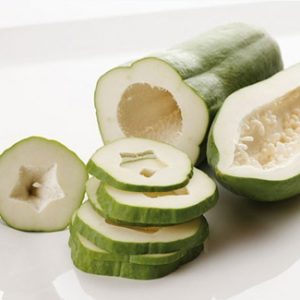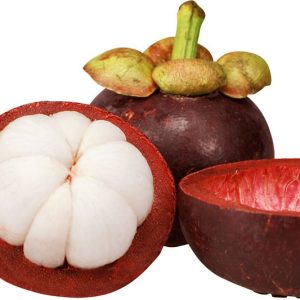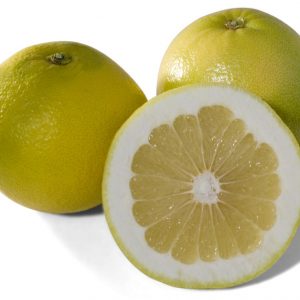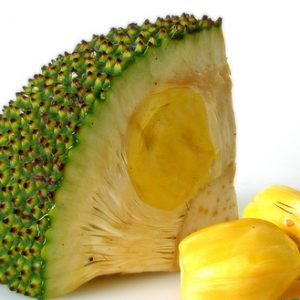Red Papaya
Papayas offer not only the luscious taste and sunlit color of the tropics, but are rich sources of antioxidant nutrients such as carotenes, vitamin C and flavonoids; the B vitamins, folate and pantothenic acid; and the minerals, potassium, copper, and magnesium; and fiber. Together, these nutrients promote the health of the cardiovascular system and also provide protection against colon cancer. In addition, papaya contains the digestive enzyme, papain, which is used like bromelain, a similar enzyme found in pineapple, to treat sports injuries, other causes of trauma, and allergies. Papayas may be very helpful for the prevention of atherosclerosis and diabetic heart disease. Papayas are an excellent source of the powerful antioxidants vitamin C and vitamin A (through their concentration of pro-vitamin A carotenoid phytonutrients). These nutrients help prevent the oxidation of cholesterol. Only when cholesterol becomes oxidized is it able to stick to and build up in blood vessel walls, forming dangerous plaques that can eventually cause heart attacks or strokes. One way in which dietary vitamin E and vitamin C may exert this effect is through their suggested association with a compound called paraoxonase, an enzyme that inhibits LDL cholesterol and HDL cholesterol oxidation. Papayas are also a good source of fiber, which has been shown to lower high cholesterol levels. The folic acid found in papayas is needed for the conversion of a substance called homocysteine into benign amino acids such as cysteine or methionine. If unconverted, homocysteine can directly damage blood vessel walls and, if levels get too high, is considered a significant risk factor for a heart attack or stroke.





